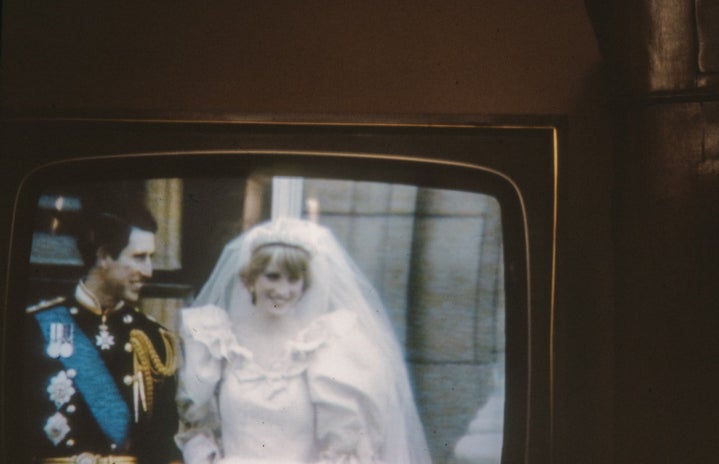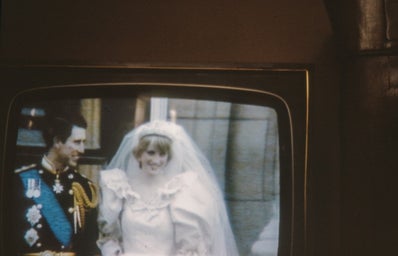Spencer gave us the much-anticipated performance of Princess Diana by Kristen Stewart, for which she received an Oscar nomination for Best Actress. The best adjective to describe this movie is dreamy. There are several moments where you aren’t sure what is real or what Diana is presenting reality as. The film seems to be covered in gauze and is colored to look more vintage. There is a long dance sequence towards the finale where we see Stewart in the iconic dresses Diana wore in her life. The movie is truly wish-fulfillment for what the public wishes for Diana, as we see in the film from the staff who want her to improve, and by the ending which never really happened. Everyone seems aware and understanding of her severe mental illness at this time, even the watchful Alistair, played by Timothy Spall, although he certainly has a funny way of showing it. He leaves a book in her bedroom about Anne Boleyn, seeming to hint that the royal family is rooting for her downfall. She continually hallucinates that Anne is trying to reach out and warn her as a fellow royal woman. In my opinion, she represents the life Diana could have led if she was prevented casting off her royal title. Diana was not beheaded; this death was metaphorical, as the director’s focus was more on drawing an artistic comparison, a death sentence for women marrying into the family was to try to be royal.
As for the children, she seems almost too close to her oldest, relying on him to tell her when she’s “acting silly” and for support when he is so young. It almost didn’t feel like a happy ending for them to be close to her, but the message was clear: away from the Royal Family, Diana could’ve had a happy life. Being part of it, many believe, is what killed her, or at the very least, contributed to her eating disorder. Her husband was known to comment on her weight and physical appearance in real life, which would send her spiraling, but in the film this is different. He allows her to take the children, and although she arrives in a rather dramatic fashion, he helps her. She was opposed to the boys learning to shoot and kill animals, something expected of them by their status as royals, and by intervening she offers them a new life for all of them out of the public eye while sparing them from having their hands forced against another living creature. After she left the royal family, she regained more agency over how she presented herself to the public and did well, while alive, in the public eye and with the freedoms of a normal person, a celebrity in her own right.
The family themselves seemed upset that the movie was even being made, but for a public figure that lives on in the collective consciousness, it’s impossible for them to prevent art inspired by her. The very movie commenting on the lack of privacy the family had, is, ironically, somewhat of an encroachment.


